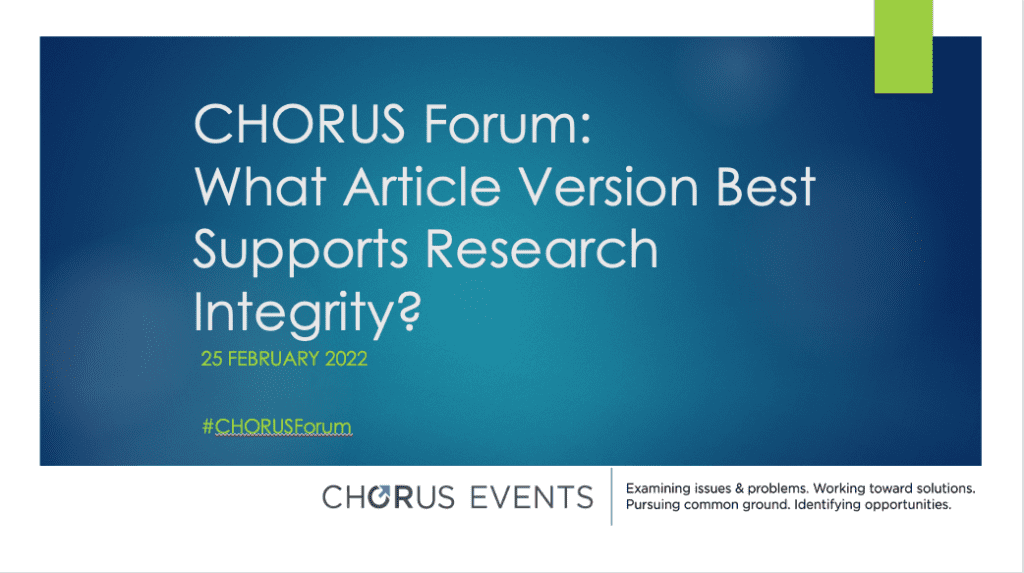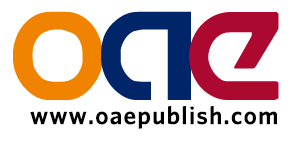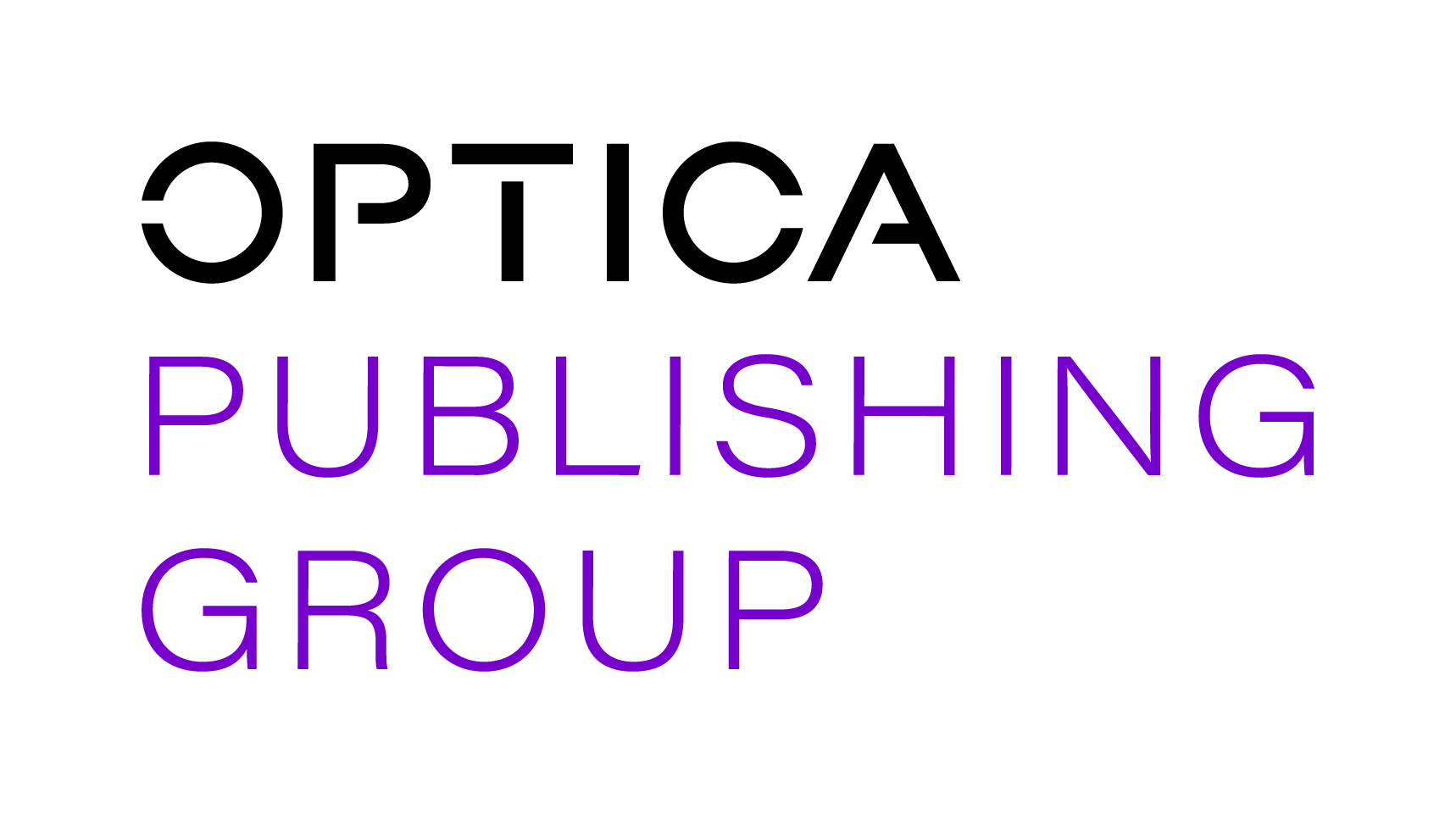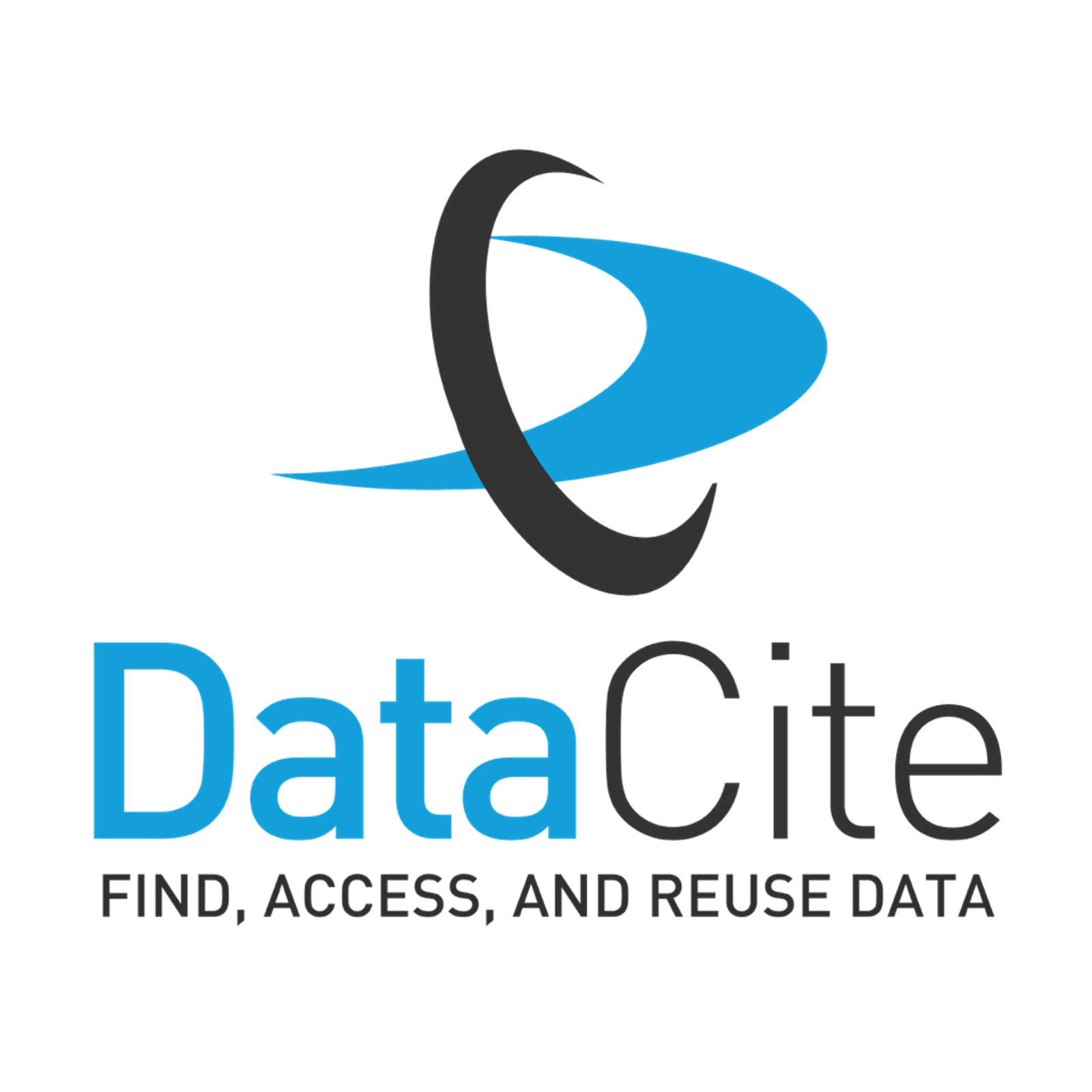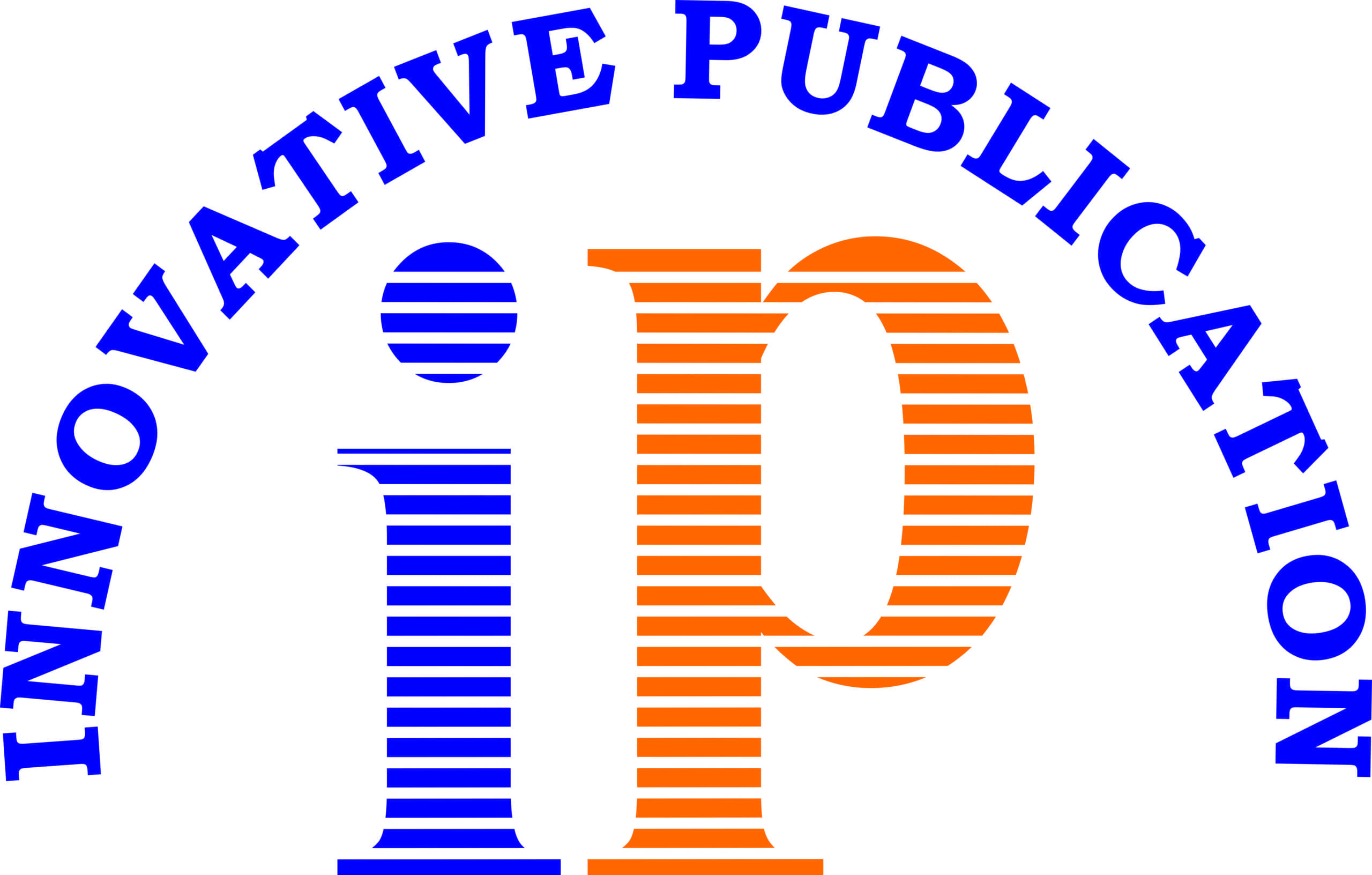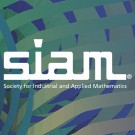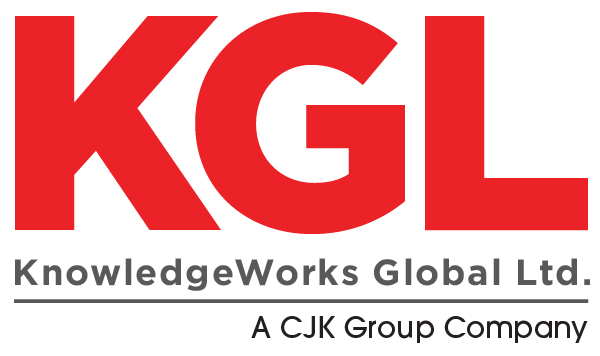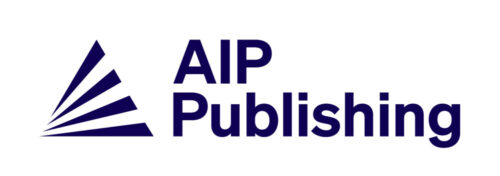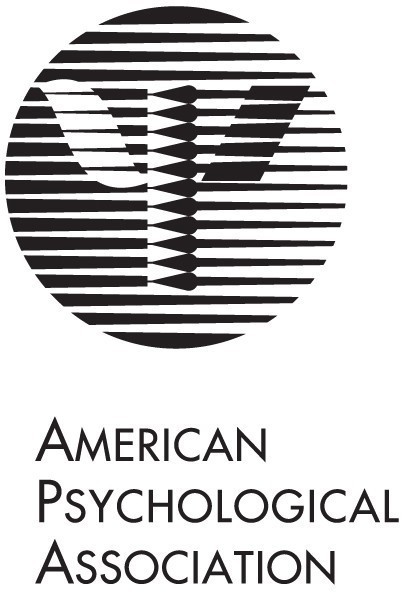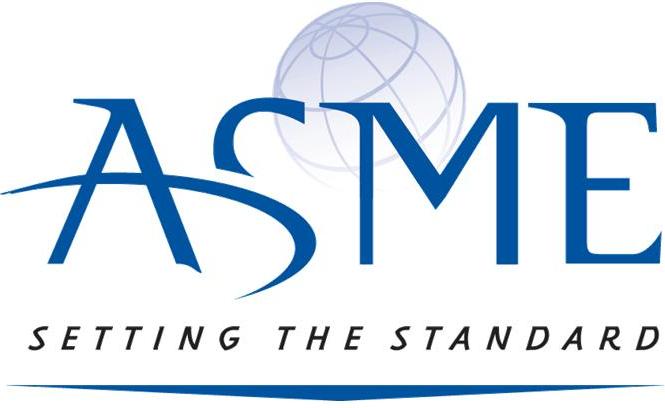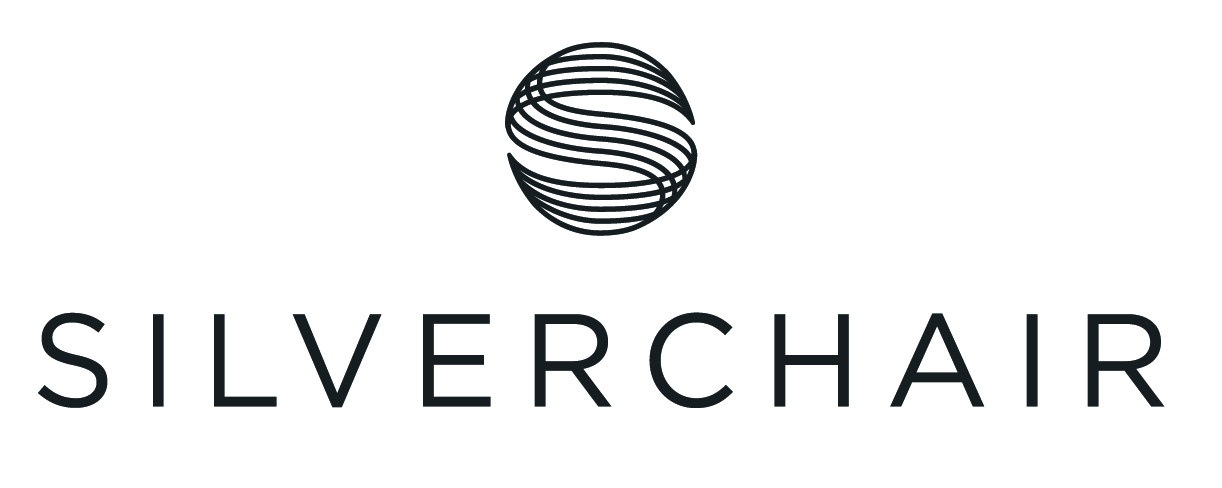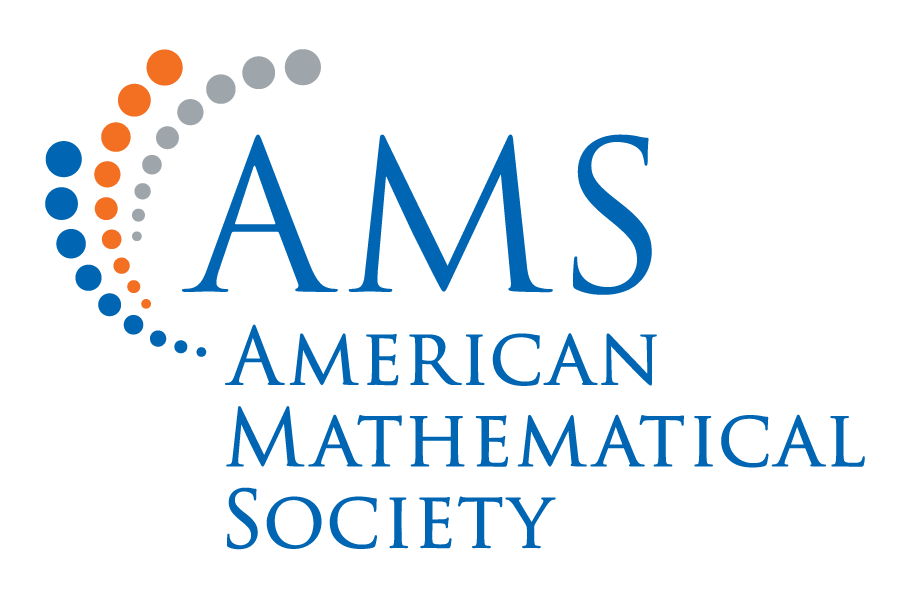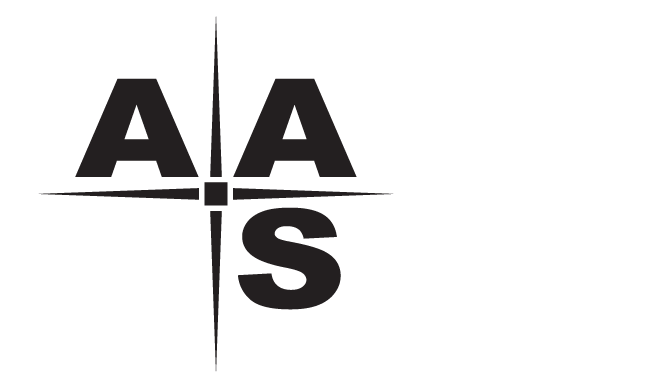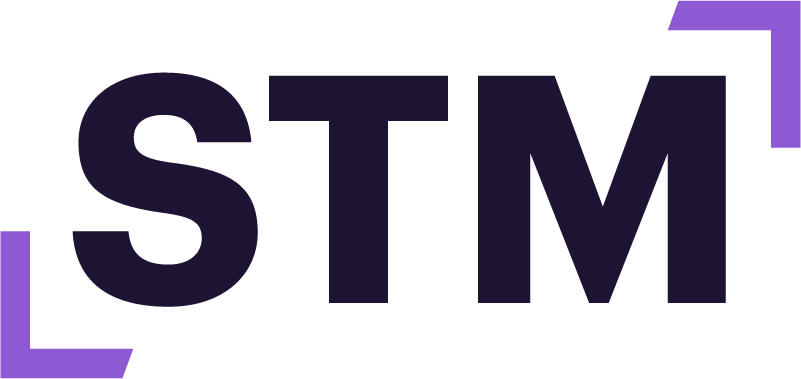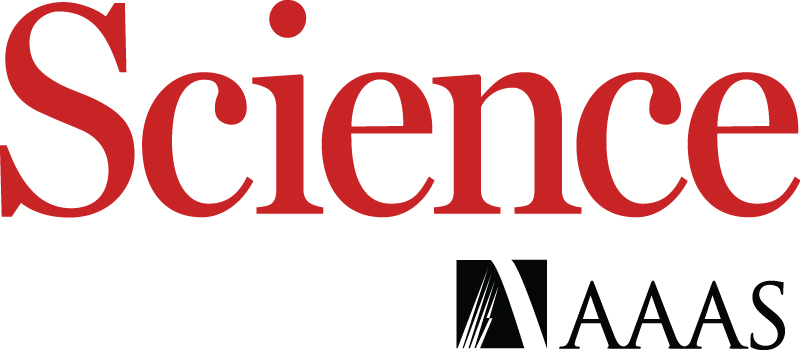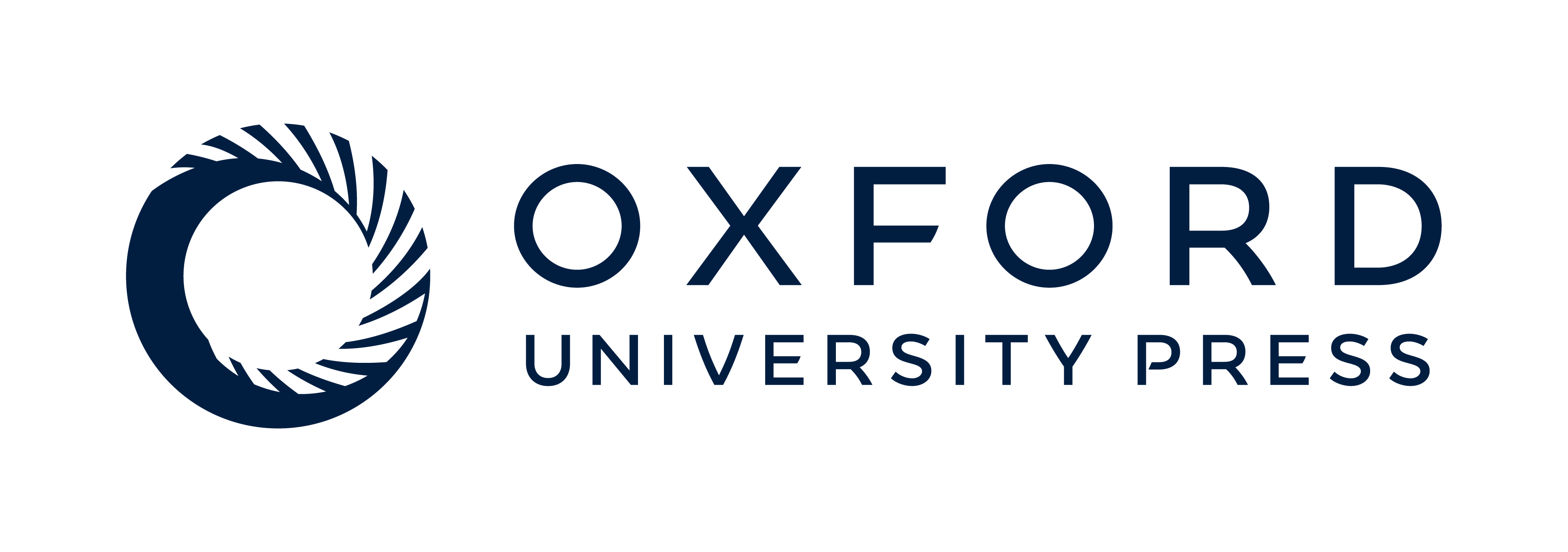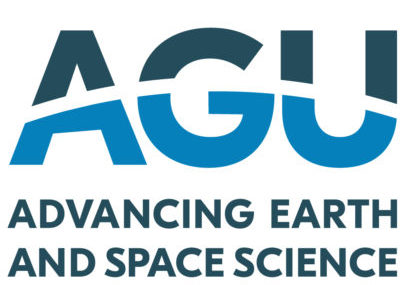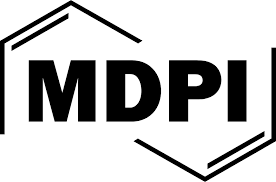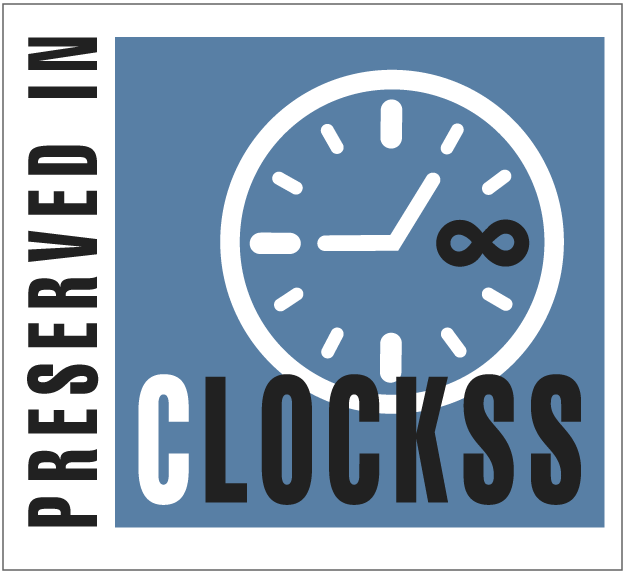With over 200 registrants and 100+ attendees, the February 25th CHORUS Forum resulted in a robust and frank discussion about research integrity.
Session 1: Research integrity issues through the submission and publication process
The first session addressed research integrity issues through the submission and publication process for journal articles and conference proceedings. According to moderator Patrick Franzen (SPIE) and panelists Todd Carpenter (NISO), David Sampson (University of Surrey), and Kim Eggleton (IOPP), leading threats to research integrity include:
- The rapid growth of the academic sector, institutional publication expectations, and pressure to publish can compel individuals to take shortcuts, exacerbating problems from errors and unethical behavior.
- Lack of transparency with regard to how scholars conduct their research, compounded by the lack of rigor at universities and in peer review. This may lead to loss of public trust in science. Funders, research institutions, and governments must work together to address this problem.
- The scholarly publishing infrastructure needs more time, effort, funding, and connectivity to properly facilitate research communication. The tools available for detecting plagiarism are strong but they cannot pick up all types of misconduct.
- When institutional repositories have content that is published elsewhere, it creates multiple versions of record which can cause version control issues. How can someone who sees a paper in a repository know if a paper has been withdrawn? What happens when a preprint has been withdrawn if it has already been cited in the scholarly literature? How do we catch it and alert readers of the retraction context? Solutions involving better repository management, technology systems, and metadata best practices are required.
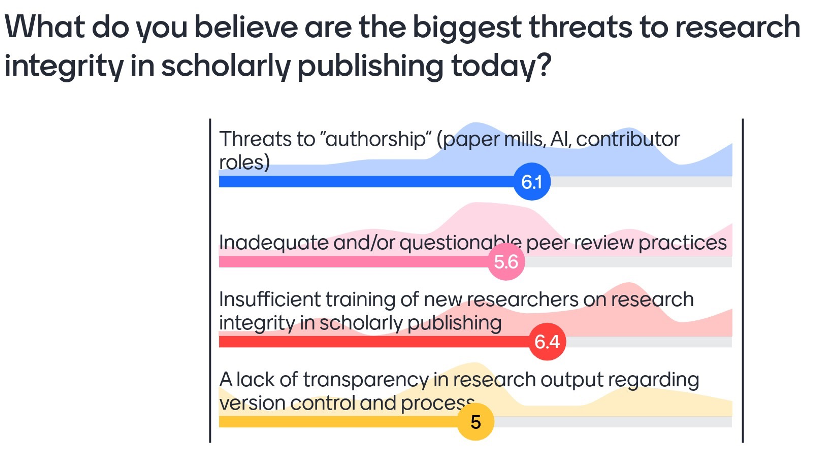
Caption: Poll results from the CHORUS Forum audience
Training in research integrity needs to be compulsory and comprehensive for researchers during their education and continual through their careers. There needs to be a push from societies, publishers and universities to educate their communities. Researchers learn from supervisors and peers but reviving information management training would also be helpful. Societies and Publishers need to be aware of misconduct, translations, and paper mills, and all parties should be encouraged to flag potential problems. The good news is that many organizations across the community are instituting their own research integrity modules.
Transparency in the peer review process is an important key to restoring trust in science. There also needs to be standardization in research practices. Once journals set such requirements, the research community must come together to address expectations about transparency and rigor in peer review and data sharing. Best practices on how and what to cite, and how to identify a predatory journal should be instilled in researchers at an early level (ie., undergraduate). These are valuable skills for everyone to have, not just scholars, and are often requirements of an accreditation program. Libraries offer some of this training. The challenge is to develop these materials at the right level.
Session 2: Societal Impact of Different Article Versions: VOR, AM and Preprints
Exploring the strengths and challenges of VORs, AMs, and preprints, in the second session, Roger C. Shonfeld (Ithaka S + R) moderated a discussion with panelists Meagan Phelan (AAAS/Science), John Inglis Ph.D. (Cold Spring Harbor Laboratory Press), and Keith Seitter (American Meteorological Society).

Caption: Poll results from the CHORUS Forum audience
In an environment of misinformation, distrust in civic institutions, and concerns about the integrity of scientific research, how do various article versions come into play?
Publisher oversight is important to maintain the quality and accuracy of scientific research articles and data sets from the point of acceptance and beyond, and to advance new work that stems from papers. Peer review is a multi-step process that includes in-depth evaluation by staff and external editors, and peer reviewers, who may require minor and major changes and flag issues for institutional investigation that can result in more changes or retraction. Moving from the preprint to VOR stage can involve significant and substantive modifications to text, data, figures, and the author team. The VOR remains a living document after publication, requiring coordination for name changes, embargoes, corrections, and retractions.
Preprints are now used more widely in many STEM and some Humanities disciplines, rapidly showcasing new research for dynamic feedback from an expert audience and providing an opportunity to screen, correct, and update a manuscript over the course of the publication process.
Caution is called for, however, as preprints are new to many disciplines and the screening process is not peer review. Conclusions in a preprint are preliminary and should be reported that way. What’s appealing in a preprint may not survive community scrutiny or peer review – some preprints are updated or withdrawn. When abused, the preprint process can contribute to the misrepresentation of science by making unsupported opinions appear validated by science.
The pressure to speed up the publication of scholarly articles is unprecedented, and it is supported by the growing use of preprints. The ecosystem for sharing results (e.g., embargos for news media) needs to cater to both preprints and VOR publication processes that maintain proper balance between speed/openness and quality control. It’s important to not create confusion for nonscientists, as the audience for research has vastly increased. There is value in seeking a coalition to develop a system that values diversity of research activities.
The Forum concluded with a discussion on whether science is self-correcting and trustworthy. While there exist published papers with mistakes that are not retracted, much of science is self-correcting. Preprints help to identify errors in the communication process. Authors do retract their own work when they discover errors.
The full recording of the forum session is available on the event page as well as the individual presentations.
Additional resources and articles about Research Integrity
- Scholarly Kitchen Guest Post — Research Integrity: Ensuring Trust in Global Research. https://scholarlykitchen.sspnet.org/2022/02/10/guest-post-research-integrity-ensuring-trust-in-global-research/?informz=1
- Singapore Statement: https://wcrif.org/statement
- Global Research Report. Research Integrity: Understanding our shared responsibility for a sustainable scholarly ecosystem. https://www.geoethics.org/_files/ugd/5195a5_e88abdf9769746bf90055f3c93a695f5.pdf?index=true
- Promoting Research Integrity: A Practical Guide for Research Integrity Advisors https://www.researchmanagement.org.au/course/promoting-research-integrity-practical-guide-research-integrity-advisors
- Research Integrity: https://www.stm-assoc.org/research-integrity/
- Sørensen, M.P., Ravn, T., Marušić, A. et al. Strengthening research integrity: which topic areas should organisations focus on? Humanit Soc Sci Commun 8, 198 (2021). https://www.nature.com/articles/s41599-021-00874-y
- Zwart, H., ter Meulen, R. Addressing research integrity challenges: from penalising individual perpetrators to fostering research ecosystem quality care. Life Sci Soc Policy 15, 5 (2019). https://doi.org/10.1186/s40504-019-0093-6
